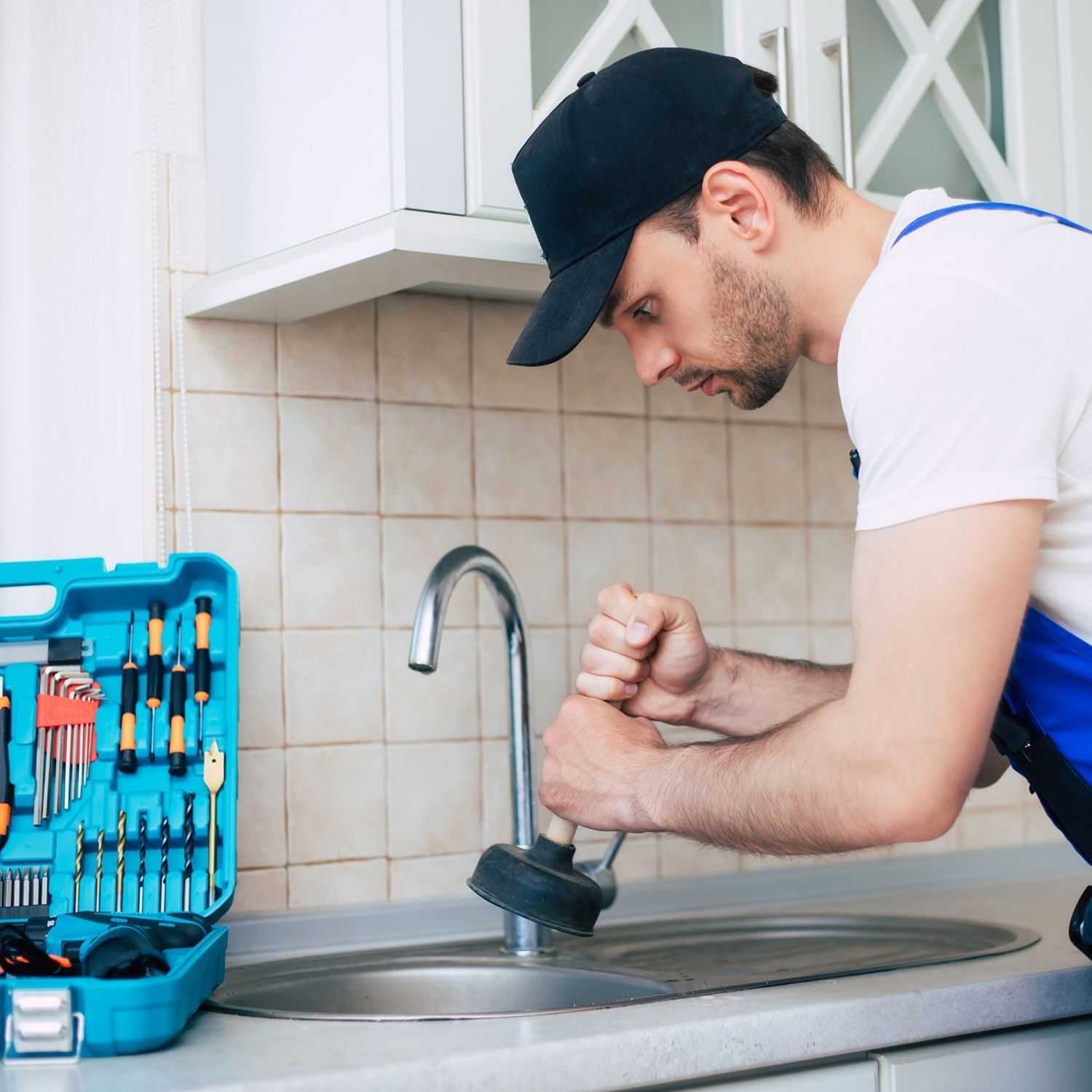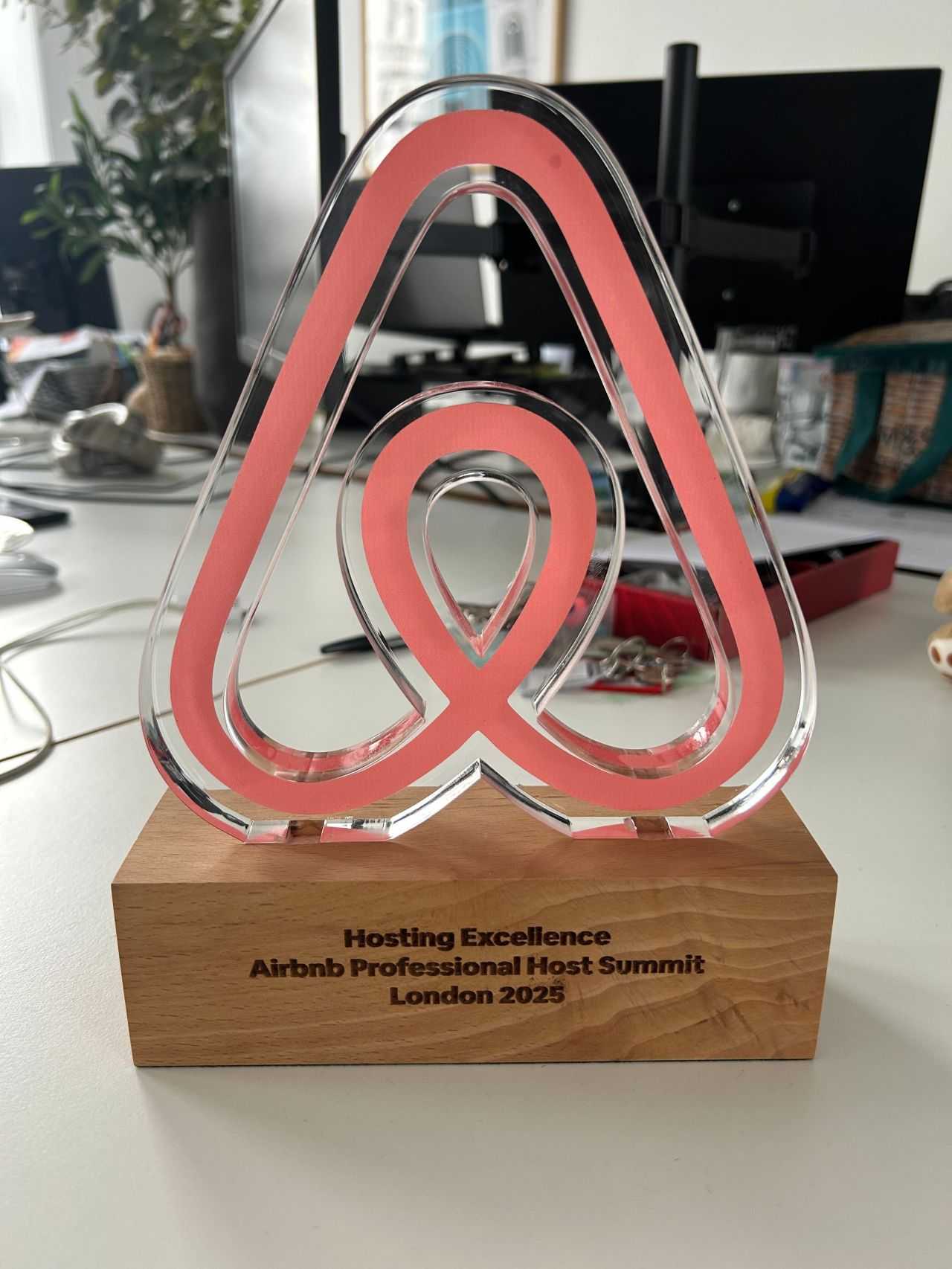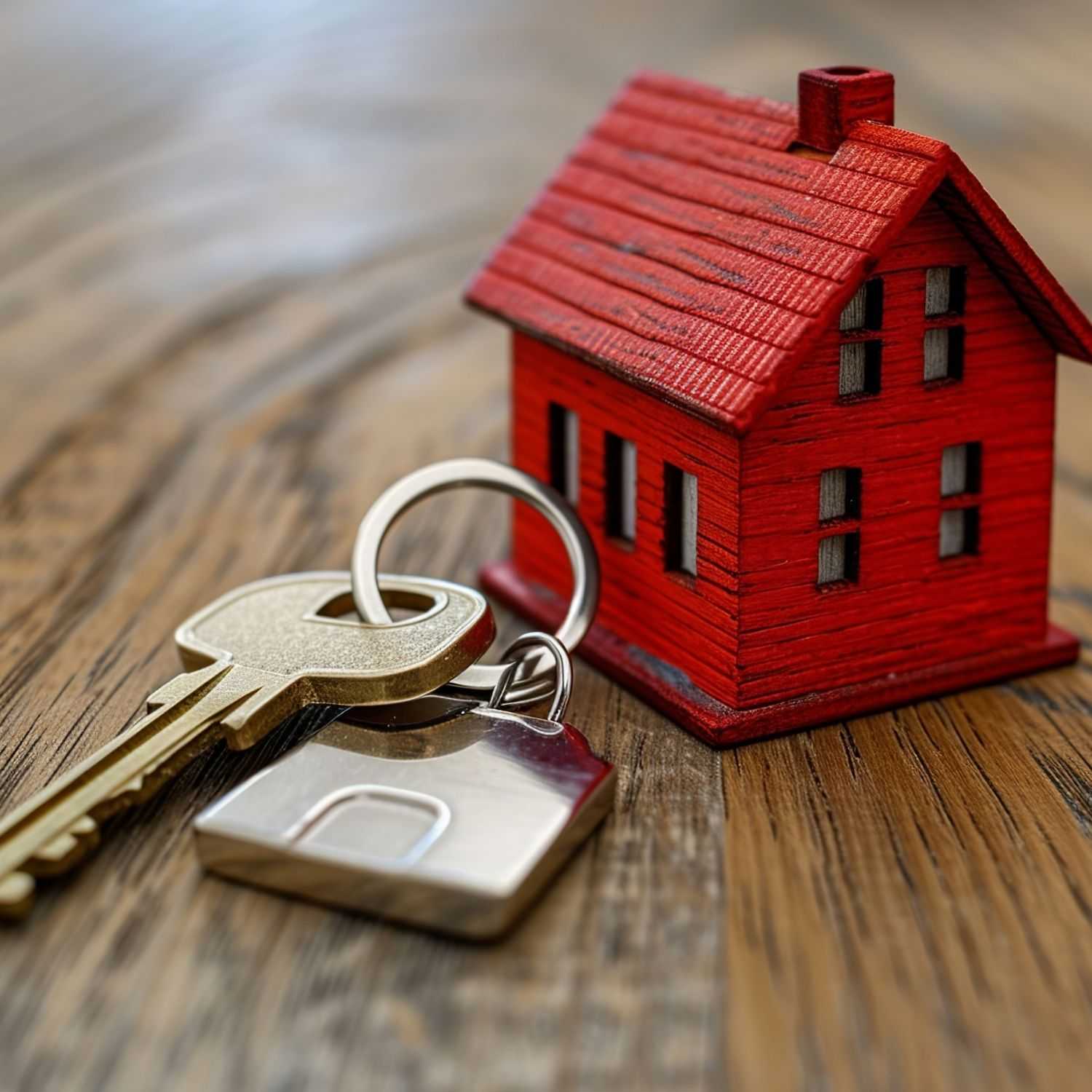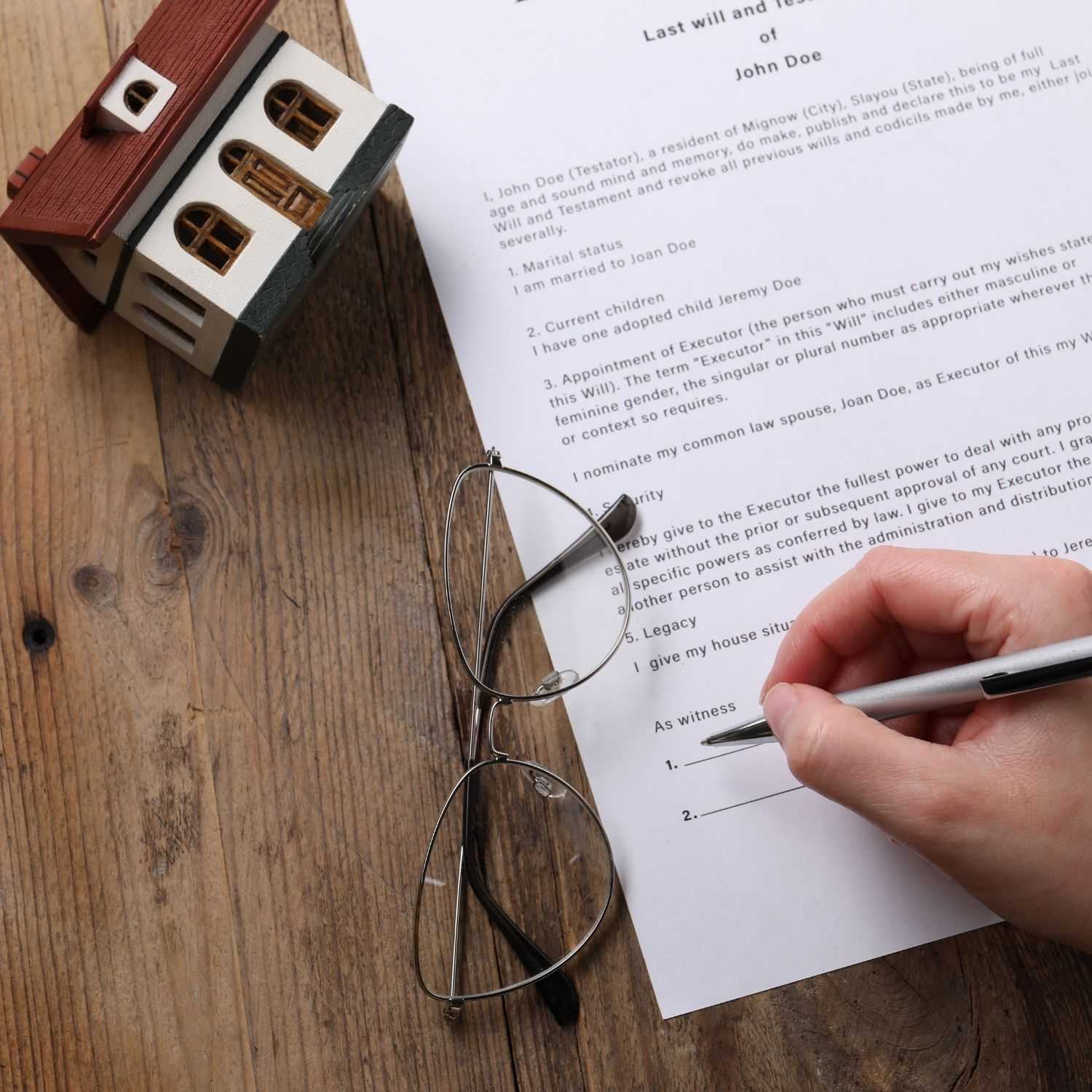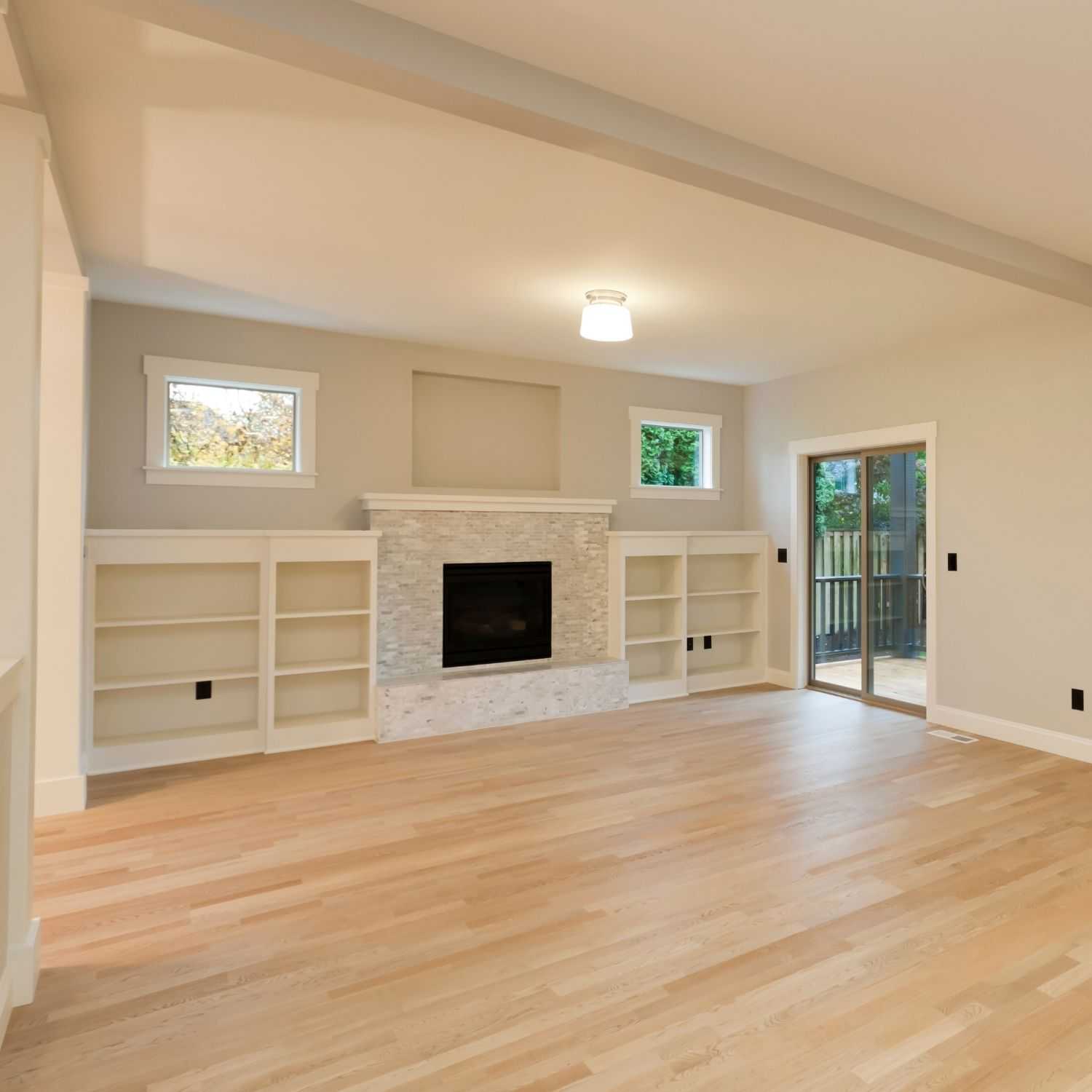Share post:
Key Takeaways:
- Landlord repair and maintenance costs in the UK average at £1,374.07 per year.
- Among the repair and maintenance expenses are plumbing, heating and electrical repairs. It also includes general wear and tear and compliance costs.
- Emergency issues can easily cost hundreds of pounds, thanks to call-out charges. Prepare for these unexpected costs to maintain your property.
- Proactive maintenance and regular inspections can reduce the long-term costs of property repair.
- Build a reliable network of contractors or partner with a property management company with an in-house maintenance team to ensure issues are addressed promptly.
An Update on Landlord Repair and Maintenance Costs
Landlord repair and maintenance costs are critical to a rental property’s overall profitability. If you’re not conscious of how much it’s costing you, it can easily eat into your revenue and lower your property’s value.
From unexpected boiler breakdowns, annual gas safety checks and general wear and tear, the costs can quickly add up. It’s important to stay on top of these expenses through planned maintenance and repair schedules so you can prevent issues from worsening.
Promptly taking care of repairs and maintenance is also crucial to staying compliant with London regulations. It’s also necessary to protect tenants and guests as well as maintain your property’s value.
Let’s take a look at the typical costs that London landlords face when it comes to repairing and maintaining their rental properties.
Main Repair and Maintenance Costs for London Landlords
Did you know:
Repair and maintenance costs in the UK can take 8.8% of your rental revenue.
Being a landlord in London comes with a strong income potential thanks to the high demand for accommodations and rising rental prices. When done right, landlords enjoy a steady monthly income on top of long-term property value growth. But only if you take care of your rental property’s condition.
A study revealed that the average annual cost of maintaining rental properties in the UK is £1,374.07, or £114.50 per month. With rents averaging at £1,301 per month, repair and maintenance costs eat up to 8.8% of the gross rental revenue.
What do these costs cover?
Plumbing and heating repairs
Boilers, radiators and pipes are the common plumbing and heating issues in rental properties. Leaks, worn-out radiators and blocked drains are among the common expenses you need to pay for.
A minor boiler repair can cost between £120 and £300, while a major one would cost between £250 and £600 or more. A full replacement would cost thousands of pounds.
Regular servicing of boilers and other heating systems can help prolong their lifespan. However, older models may cost more to repair. Changing them to new models may be a more worthy investment.
As for plumbing repairs, these will cost an average of £ 600 or more, plus the additional service charge of plumbers, which averages £50 to £100 per hour.
Electrical maintenance
Electrical systems require annual safety checks and regular repairs. You can’t ignore faulty wiring or appliances because they could put tenants or guests at risk.
Any electrical issue must be handled by a licensed electrician whose average day rate is £335. The mandatory Electrical Installation Condition Report (EICR) needs to be updated every 5 years and this usually costs between £180 and £320.
You should also add the cost of replacing faulty wiring, fixing broken lights and sockets and service fee for damaged appliances and equipment.
Try to stay on top of these costs because rewiring a whole property costs between £2,400 and £5,500. Don’t wait until it becomes a major issue before you act on an electrical maintenance or repair. You either pay now or risk an electrical fire.
General wear and tear
Properties usually go through general wear and tear. The cost would be greater for frequent turnovers (e.g. short-term rentals). There are several minor and major fixes that require your attention, and these include, but are not limited to, the following:
- Repainting walls (est. £600+)
- Replacing damaged flooring or carpet (est. £700+)
- Repairing broken doors, windows or locks (est. £600+)
- Repairing roof damage (est. £900+)
- Getting rid of moulds (est. £600+)
With the competitive nature of the private rental sector, it’s crucial to keep your property well-maintained to stand out and keep occupancy rates high.
Compliance costs
Rental properties follow strict rules when it comes to compliance. Some need to be updated annually, while others last 5 to 10 years before expiring. Here are the main compliance costs for rental properties:
- Gas Safety Certificate (CP12): £60 to £90 (annual)
- Energy Performance Certificate (EPC): £60 to £120 (valid for 10 years)
- Electrical Safety Certificate (EICR): £180 to £320 (valid for 5 years)
- Fire Risk Assessment: £200 to £1,300 (every time there’s a change in the property)
Failing to update these certificates will lead to hefty fines and penalties. It can also compromise your property’s ability to get tenants or guests.
Emergency issues
Emergency call-outs are normal, so you need to be prepared to fund these immediate repairs to keep your rental property operating. Among these issues are:
- A burst or leaking pipe (can cause flooding)
- Boiler failures (especially during wintertime)
- Power outage caused by overloaded circuits or faulty wiring
- Broken doors, windows or locks
These are among the emergency issues that need immediate attention to avoid turning into major and more costly repairs.
Even if your property is well-maintained, these issues can happen. It’s best to always have an emergency fund so you can pay for repairs when they are needed. Take into consideration the out-of-hour rates of professionals, which could be around £120 to £150 on top of the parts and labour costs. It’s best to have around £500 on hand for these emergency situations.
How to Minimise Property Repair and Maintenance Costs
Property repairs and maintenance are unavoidable, but you can minimise the costs through smarter property management.
There are smart strategies you can implement to reduce upkeep expenses without compromising the premium standard of your rental property.
Prioritise proactive maintenance
This is a step further from preventive maintenance. It requires regular inspections and prompt minor repairs to avoid costly issues. For example, schedule a boiler service yearly to avoid a major breakdown in the middle of winter. That’s a difference of £80 to £120 for an annual service over a £2,000 replacement cost.
Invest in durability
Cheaper materials are not worth it if they will only wear out quickly. Invest in durable paint, flooring, fittings and appliances. These should be tenant-proof so they last a long time without requiring frequent repairs or replacements.
For instance, choosing quality flooring that can last over a decade is better than settling for a low-cost carpet that requires replacement every 2 to 3 years and regular professional cleaning in between.
Build a reliable network of contractors
It’s always nice to work with someone you know. Have a list of contractors and tradespeople who can work on your property regularly. These include plumbers, electricians and other handymen. If you work with property management companies like City Relay, you can benefit from their network of professionals.
What’s great about having a reliable network is that they’ll know the history of your property, which will help them do maintenance and repairs efficiently. They might also be open to giving you a discount for your loyalty. At the very least, you can trust they won’t overcharge you.
Be strategic with repair schedules
Document every repair and maintenance issue in your property and include the date so you know when the next one should be scheduled. Grouping repairs between tenancies will also streamline your property’s upkeep.
You should also recognise repairs that can be postponed and those that require immediate attention. If you can bundle repairs, you can reduce call-out fees and labour costs.
Work with a property expert
Partnering with property management companies comes with a stress-free guarantee that your property will be well-maintained. City Relay, for instance, has an in-house maintenance team and an active guest support system. This ensures that every emergency situation can be dealt with promptly. This helps reduce emergency costs and ensures compliance with regulations.
By working with property experts, you can protect your property and rental income while saving more on landlord repair and maintenance costs.
Use Smart Maintenance to Increase Profits
London rental properties offer incredible income opportunities, but landlord repair and maintenance costs can quickly eat into that potential. While these expenses cannot be avoided, there are ways to minimise their effect on your bottom line.
By focusing on proactive maintenance, investing in durability, building a network of contractors and being strategic with your repair schedules, you can reduce expenses without compromising your property’s standards.
You can also partner with City Relay to enjoy end-to-end property management services that include repair and maintenance tasks.
Would you like to know more about our services and how we can cut down repair costs and protect your property while maximising returns?
FAQs
How much do London landlords spend on repairs and maintenance per year?
The actual cost would depend on the property’s condition, size and location. Based on a study, the repair and maintenance costs of a rental property can take 8.8% of a gross rental income.
What are the biggest repair and maintenance costs for landlords?
The biggest repair and maintenance costs include roof repairs, boiler services, plumbing and electrical work and compliance certificates. Regular maintenance service lowers costs by avoiding major repairs and replacements.
How can I reduce the repair and maintenance costs of my rental?
Opt for a proactive maintenance strategy so you can stay ahead of major repairs. Schedule regular checks to repair issues before they get worse. You can also group services to save on call-outs and labour costs.
Why should I hire a property management company for repair and maintenance?
Property management companies like City Relay have in-house maintenance teams who can help you deal with emergency repair situations. As they manage your rental property, they can immediately report issues that require repairs or replacements. This also includes compliance monitoring.
